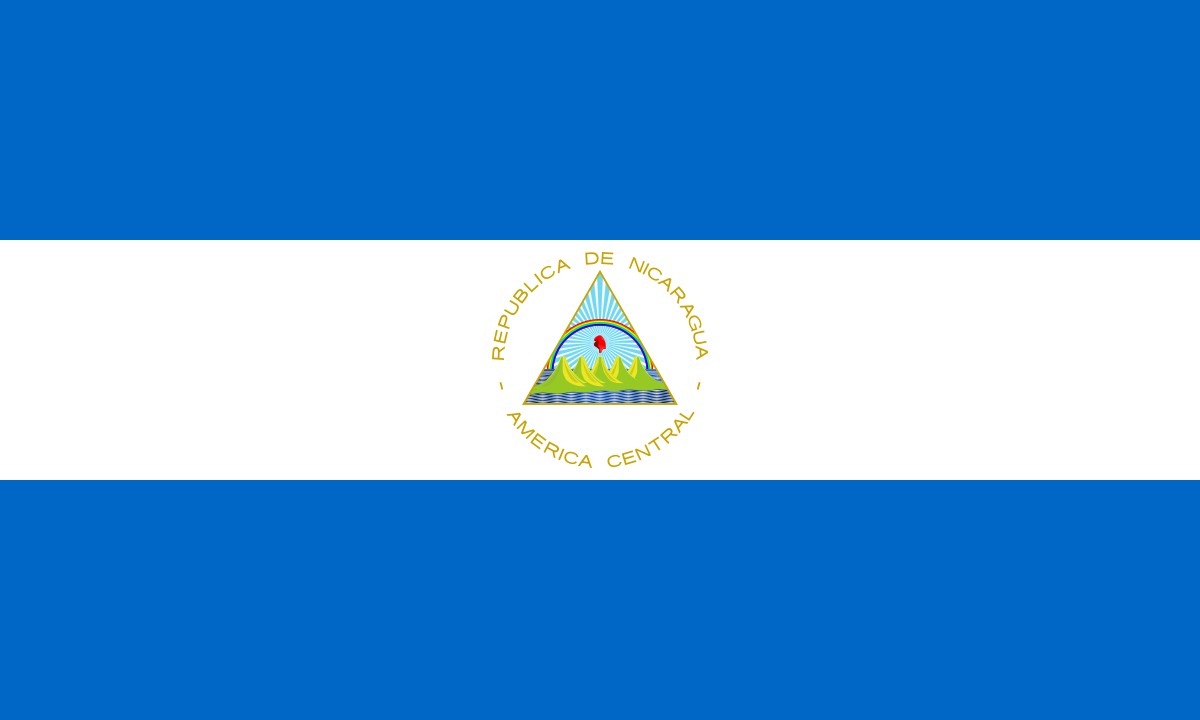Nicaragua Dares United Nations Body
OpenLife Nigeria has gathered that the UN Subcommittee on Prevention of Torture (SPT) which has announced plans to visit Georgia, Guatemala, Kazakhstan, Mauritius, the Philippines and South Africa in 2023, in addition to previously announced missions to Croatia, Madagascar and the State of Palestine for next year may not be able to visit Nicaragua.
The SPT also intended to visit Nicaragua in 2023 but deplored the lack of cooperation from the State party.
“It is extremely regrettable that Nicaragua refused to cooperate with the SPT to undertake our second visit to the country to assess the implementation of the recommendations made after our first visit eight years ago,” said Suzanne Jabbour, Chairperson of the SPT.
Nicaragua ratified the Optional Protocol to the Convention Against Torture (OPCAT) in 2009 and therefore agreed to establish an independent National Preventive Mechanism (NPM) and to support SPT’s monitoring of its detention facilities. The SPT first visited Nicaragua in 2014 and submitted a report with recommendations to the authorities, which has been kept confidential by the State party.
“The Subcommittee has carried out more than 80 visits during its 15 years in operation, and this is the first time we have encountered such blanket refusal to cooperation. Considering that States parties have a legal obligation to receive any delegation of the SPT, we raised this grave matter with the Committee against Torture under the appropriate procedure,” Jabbour added.
The SPT, which has visited Australia, Ecuador and Turkey in recent months, will complete its 2022 programme by monitoring places of deprivation of liberty and examining torture prevention measures in Bosnia and Herzegovina in December.
During its recent confidential session, the SPT also engaged with Australia to obtain essential assurances to enable the resumption of its suspended visit. “We hope to be able to complete the mission as soon as all necessary guarantees are received from the State party,” said Jabbour.
“On the other hand, we are pleased that Bulgaria made public the SPT report on its 2021 visit,” added the Chairperson, “which contributes positively to the prevention of torture and ill-treatment in the country and demonstrates transparency on the measures to be implemented and monitored.”
In addition, the SPT decided to add the State of Palestine, which ratified the OPCAT in 2017, to the list of States Parties that are significantly overdue in establishing their NPMs, and are therefore not in compliance with Article 17 of the Optional Protocol.
Other States Parties on the “Article 17 list” are Belize, Benin, Bosnia and Herzegovina, Burundi, the Central African Republic, the Democratic Republic of the Congo, Gabon, Ghana, Liberia, Nauru, Nigeria, the Philippines and South Sudan.
Under the Optional Protocol, States are obliged to set up their NPM within one year of ratification. Up to now, more than 70 States parties have established NPMs out of the 91 countries that have ratified the Optional protocol.
During its session, the SPT also met with several States parties, NPMs and civil society organizations and finalized the first draft of its legal guidance, officially known as general comment, on the definition of places of deprivation of liberty, which will be made public for consultation in early 2023.
Nicaragua, officially the Republic of Nicaragua, is the largest country in the Central American isthmus, bordered by Honduras to the northwest, the Caribbean to the east, Costa Rica to the south, and the Pacific Ocean to the southwest.
Managua is the country’s capital and largest city.
As of 2015, it was estimated to be the second largest city in Central America. The multi-ethnic population of six million includes people of mestizo, indigenous, European and African heritage. The main language is Spanish. Indigenous tribes on the Mosquito Coast speak their own languages and English. Nicaragua, set between the Pacific Ocean and the Caribbean Sea, is a Central American nation known for its dramatic terrain of lakes, volcanoes and beaches.
Nicaragua’s religion is spread across 84.4% Christianity, 55.0% Roman Catholic, 27.2% Protestant, 2.2% Other Christian, 14.7% No religion and 0.9% for others.
It attained political independence from Spain, Mexico and the Federal Republic of Central America on 15 September 1821 and admitted to the United Nations on 24 October 1945
It has a total land mass of 130,375 km2 (50,338 sq mi) (96th) with water occupying 7.14 and 2022 population estimate of 6,301,880.

Source: Office of the UN High Commissioner for Human Rights (OHCHR)






